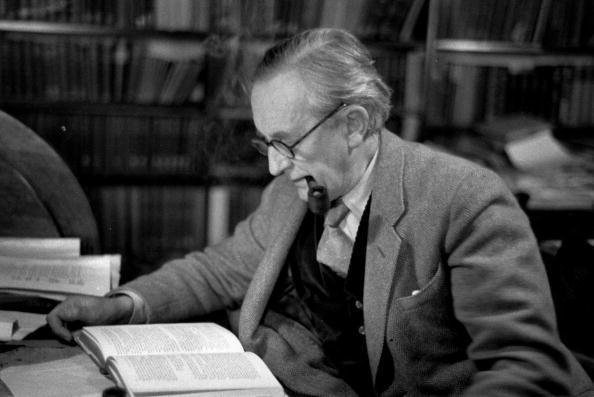When many people think they’re learning, they’re really not.
That’s the conclusion reached by Henry Roediger, Mark McDaniel, and Peter Brown in their recent and very popular book Make It Stick: The Science of Successful Learning. The book is the fruit of ten years of empirical research into how people actually learn, i.e., how they acquire knowledge and skills that they can use to solve future problems.
So does the popular strategy of rereading actually help? Nope, not according to the research. Cramming for tests? Uh-uh. Copying notes from a professor’s Power Point slides? Again, no.
So what does work? How can students and lifelong learners avoid wasting their time and remember what they’re studying? According to the authors, by valuing the following 7 habits, which are elaborated in their book:
1) They Put In Hard Work
“Learning is deeper and more durable when it’s effortful. Learning that’s easy is like writing in sand, here today and gone tomorrow.”
2) They Practice “Retrieval”
“Retrieval practice—recalling facts or concepts or events from memory—is a more effective learning strategy than review by rereading. Flashcards are a simple example. Retrieval strengthens the memory and interrupts forgetting.”
3) They Don’t Stick With Just One Learning Style
“The popular notion that you learn better when you receive instruction in a form consistent with your preferred learning style, for example as an auditory or visual learning, is not supported by the empirical research. People do have multiple forms of intelligence to bring to bear on learning, and you learn better when you ‘go wide,’ drawing on all your aptitudes and resourcefulness…”
4) They Mix Up Their Learning and Practice
“When you’re adept at extracting the underlying principles or ‘rules’ that differentiate types of problems, you’re more successful at picking the right solutions in unfamiliar situations. This skill is better acquired through interleaved and varied practice than massed practice [i.e., doing the same thing over and over again].”
5) They Regularly Test Their Knowledge
“We’re all susceptible to illusions that can hijack our judgment of what we know and can do. Testing helps calibrate our judgments of what we’ve learned… In virtually all areas of learning, you build better mastery when you use testing as a tool to identify and bring up your areas of weakness.”
6) They Successfully Draw Upon Prior Knowledge
“All new learning requires a foundation of prior knowledge. You need to know how to land a twin engine plane on two engines before you can land it on one. To learn trigonometry, you need to remember your algebra and geometry.”
7) They Practice “Elaboration”
“Elaboration is the process of giving new material meaning by expressing it in your own words and connecting it with what you already know. The more you can explain about the way your new learning relates to your prior knowledge, the stronger your grasp of the new learning will be, and the more connections you create that will help you remember it later.”
—
















Leave a Comment
Your email address will not be published. Required fields are marked with *